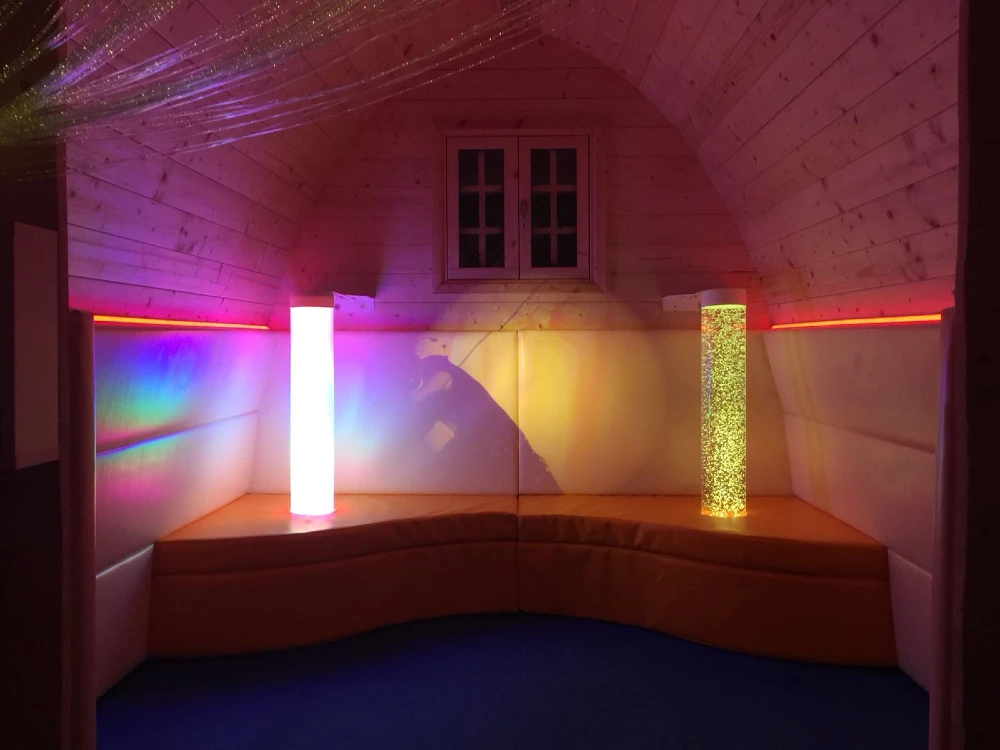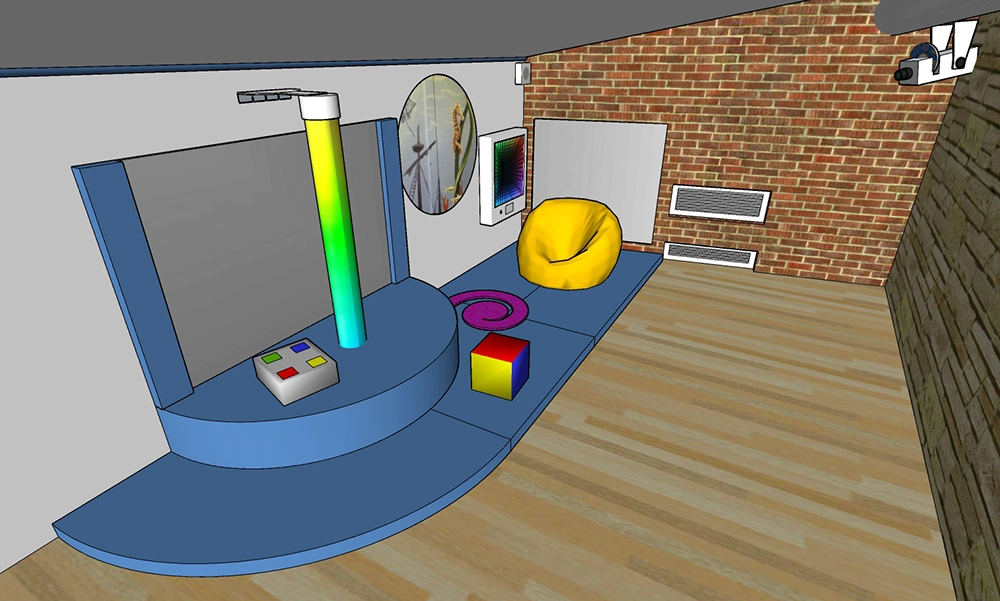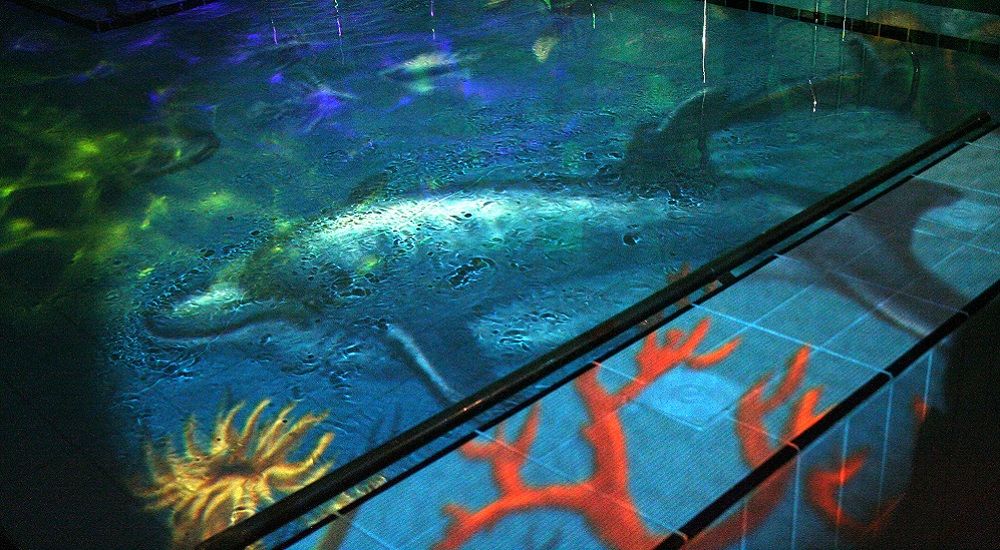Sensory equipment is an essential investment for creating calming and stimulating environments, whether in schools, healthcare settings, or at home. Proper maintenance ensures these tools stay functional and effective for years to come.
With a few simple practices, you can keep your sensory equipment in excellent condition while extending its lifespan. At Sensory Technology, we understand how important it is to protect your investment and enhance the sensory experience.
Why Regular Maintenance Matters
Regular maintenance isn’t just about keeping your equipment looking clean; it’s about ensuring safety, reliability, and longevity. Sensory equipment, especially in high-use environments, is subject to wear and tear that can affect performance. By maintaining your sensory equipment:
- You save money: Proper care reduces the need for costly replacements.
- You ensure safety: Damaged equipment can pose risks to users.
- You maintain functionality: Well-maintained equipment delivers consistent sensory benefits.
Taking the time to care for your sensory tools protects your investment and ensures the best experience for users.
Daily Cleaning and Upkeep
Keeping your sensory equipment clean is one of the simplest ways to extend its life. Here are some quick tips for daily cleaning:
- Wipe surfaces regularly: Use a damp microfiber cloth to remove dust and dirt. Avoid abrasive materials that can scratch sensitive equipment.
- Use safe cleaning products: Opt for non-toxic, gentle cleaners suitable for electronics and delicate materials.
- Pay attention to high-touch areas: Equipment like tactile panels, switches, and controllers often accumulate grime from frequent use.
For specific equipment:
- Projectors and light sources: Ensure lenses are clean and free of smudges to maintain clarity. Use a lens-cleaning solution for best results.
- Tactile elements: Clean textured surfaces with a damp cloth and mild soap, ensuring they are completely dry before use.
- Interactive panels: Avoid spraying cleaners directly onto screens; instead, apply the cleaner to a cloth and wipe gently.
By following these tips, you’re taking the first step toward preserving your sensory equipment’s performance. Our sensory room experts are always available to recommend the best cleaning practices for your specific tools.
Scheduled Checks and Inspections
In addition to daily cleaning, regular inspections help you spot potential issues before they escalate. Here’s a simple checklist for routine maintenance:
- Check for loose connections: Ensure wires, plugs, and ports are secure.
- Inspect moving parts: Look for signs of wear or damage in mechanical components.
- Test functionality: Run equipment through its full range of settings to identify any performance issues.
- Monitor wear on cushions and mats: Replace padding or covers if they become torn or overly worn.
Schedule inspections monthly or quarterly, depending on how frequently the equipment is used.
How to Handle Repairs and Replacements
Even with the best care, sensory equipment may occasionally require repairs or replacements. Here’s how to handle these situations:
- DIY fixes: Minor repairs, such as replacing projector bulbs or tightening screws, can often be done in-house. Refer to the manufacturer’s manual for guidance.
- Seek professional help: For complex issues, such as malfunctioning electronics, contact the manufacturer or a specialist (like us!) to avoid further damage.
- Source quality parts: When replacing components, always purchase parts directly from the manufacturer or a trusted supplier to ensure compatibility and safety.
Common Mistakes to Avoid
Maintenance is straightforward, but certain mistakes can inadvertently cause damage. Here are some common pitfalls to avoid:
- Over-cleaning: Excessive scrubbing or using harsh chemicals can damage surfaces and electronics.
- Neglecting maintenance: Ignoring small issues can lead to larger, costlier problems.
- Improper storage: Leaving equipment in damp or overly hot environments can degrade materials and electronics.
By being mindful of these mistakes, you can ensure your sensory equipment stays in top condition. Our sensory room maintenance service can help you avoid these common errors occurring.
Prolonging the Life of Your Sensory Equipment
In addition to cleaning and inspections, proper storage and handling play a big role in maintaining your sensory equipment:
- Store safely: Keep equipment in a dry, temperature-controlled space when not in use.
- Avoid overloading: Follow weight and usage limits to prevent strain on mechanical parts.
- Use as intended: Ensure the equipment is used for its designed purpose to avoid undue stress or damage.
These simple practices can significantly enhance the durability of your sensory tools.
Sensory Equipment Maintenance
For advanced maintenance needs, you may need a professional service to help. We provide expert advice and repair services, ensuring your sensory equipment continues to perform at its best.
Our specialists can handle everything from routine inspections to complex repairs, so you can focus on creating the best sensory experience for your users.
Caring for Your Sensory Investment
Maintaining sensory equipment doesn’t have to be a chore. With regular cleaning, scheduled checks, and proper handling, you can ensure your sensory tools stay reliable and effective for years to come. By protecting your investment, you’re also safeguarding the sensory experiences that make a positive difference in people’s lives.




